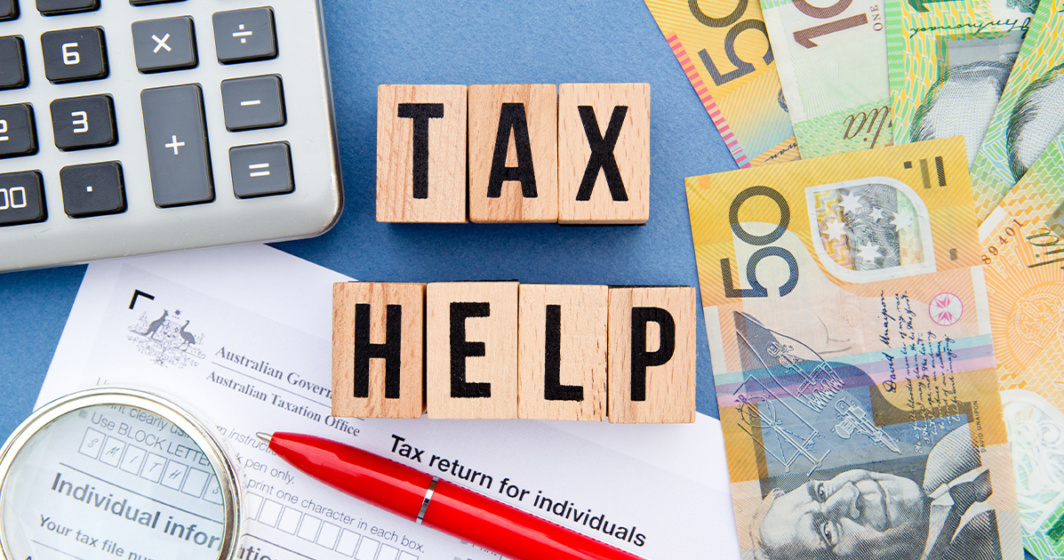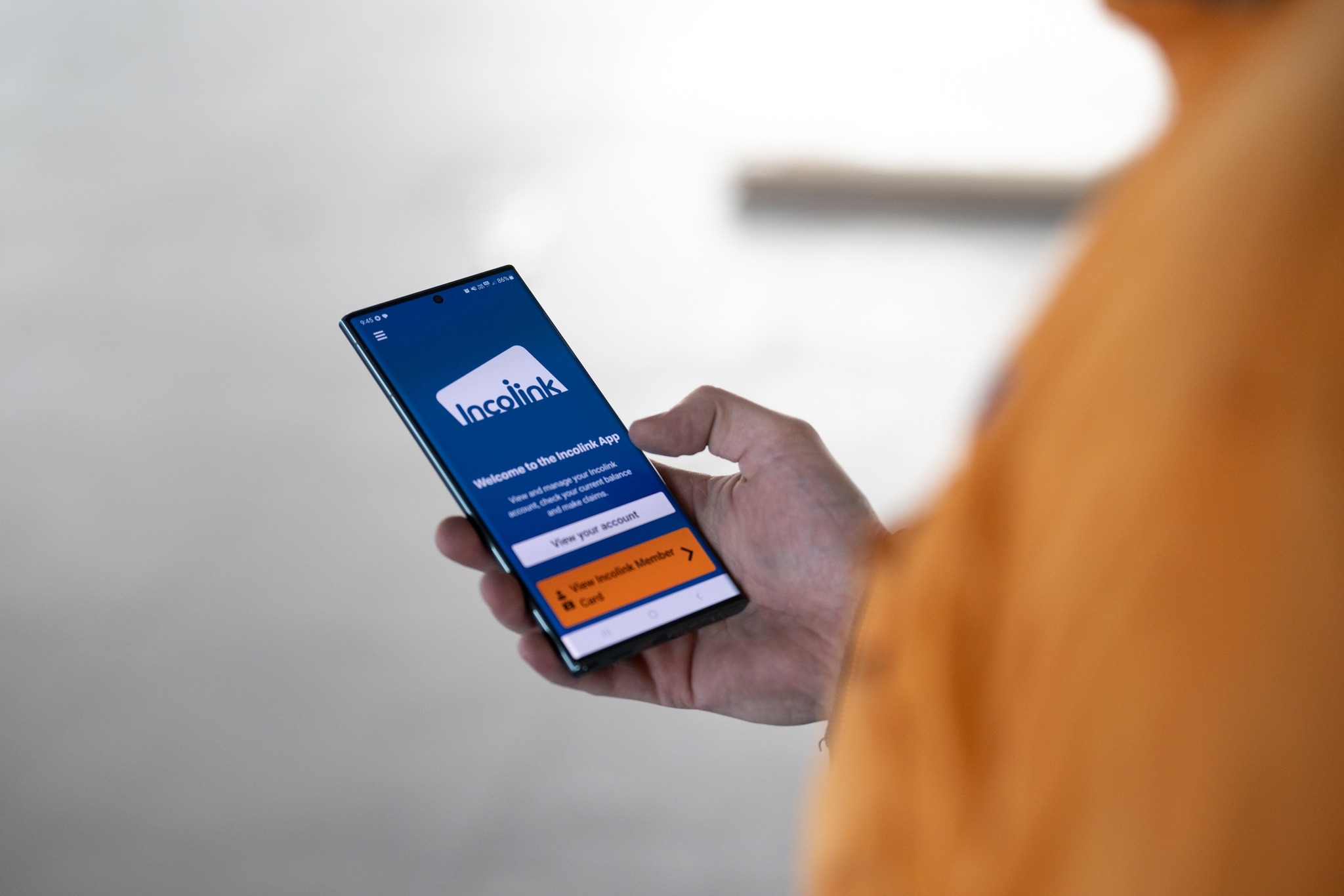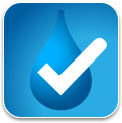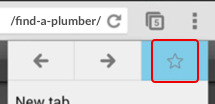The March tax wrap from the ATO is choc-full of valuable information to keep your business safe and compliant.
eInvoicing explained
eInvoicing supports businesses by streamlining your invoicing and freeing up time for you to run and grow your business.
eInvoicing is not email or PDF. eInvoices are exchanged directly between buyers’ and suppliers’ software, automatically appearing in software ready to be paid.
It removes manual data entry for receivers and the need for senders to generate email invoices, making the whole process faster, more efficient, accurate and secure.
eInvoicing – A better way to do business – factsheet Feb 22
To find out more about eInvoicing, visit business.gov.au/eInvoicing.

Single Touch Payroll
Single Touch Payroll (STP) reporting has been expanded – this is known as STP Phase 2.
Resources are available to help employers understand the changes and prepare for STP Phase 2 reporting. These include:
- a factsheet outlining the key changes, and the benefits for employers and their employees of STP Phase 2 reporting
- checklists to help employers and tax and BAS professionals prepare for STP Phase 2 reporting
- detailed employer reporting guidelines which outline the requirements of STP Phase 2 reporting
- recordings of webinars where we discuss the changes in detail and are joined by industry professionals who provide practical examples and suggestions to help prepare.
While STP Phase 2 reporting started from 1 January 2022, some digital service providers (DSPs) needed more time to update their products and transition their customers, so applied for a deferral. A provider’s deferral covers their customers. This means, when an employer can start STP Phase 2 reporting will depend on when their payroll product is ready. DSPs will let their customers know if they have a deferral, and when it’s time to start STP Phase 2 reporting.
It’s important that employers understand the changes, are preparing to report the additional information and follow their providers’ instructions.
Employers can apply if they need more time to transition. Registered tax and BAS professionals can also apply on their client’s behalf.
Get ready for fringe benefits tax time 2022
The 2022 fringe benefits tax (FBT) year ends on 31 March 2022, so it’s time to start considering your FBT lodgment and payment obligations.
This means you’ll need to determine if you have an FBT liability for fringe benefits you’ve provided to your employees (or their associates) between 1 April 2021 and 31 March 2022.
If you:
- have an FBT liability for the 2022 FBT year, you must lodge an FBT return and pay your FBT liability by 23 May (as the statutory due date of 21 May falls on a weekend this year). This due date may differ if you use a tax agent
- don’t have an FBT liability for the 2022 FBT year, and you’re registered for FBT, you should complete a Notice of non-lodgment – Fringe benefits tax form by the date your return would’ve been due.
Don’t forget to keep all records relating to the benefits you’ve provided, including how you calculated their taxable value.
For more information, visit ato.gov.au/FBTaxTime
Director ID: transitional arrangements for newly appointed directors are ending
If you are a director or are planning to become one, you’ll need a director identification number (director ID). The deadline for directors appointed between 1 November 2021 and 4 April 2022 is fast approaching. For more information on the requirement, including who needs to apply and when, visit abrs.gov.au/directorID.
Removal of the $450 per month threshold for super guarantee
From 1 July 2022, employees who earn less than $450 per month will be paid super guarantee if they satisfy other eligibility requirements. Employers will need to check payroll and accounting systems have been updated for super payments made after 1 July 2022 to calculate employee’s super guarantee entitlements.
Government grants, payments and stimulus
Government grants, payments and stimulus are generally taxable, but you don’t need to pay tax on some COVID-19 payments you receive from the government to support businesses. Find out more at ato.gov.au/COVID19supportpayments
Penalties for overdue TPAR
Taxable payments annual reports (TPAR) must be lodged by 28 August each year. The ATO may apply penalties when TPAR aren’t lodged on time. If your TPAR is overdue, lodge it now or contact the ATO for support if your individual circumstances makes lodging difficult.
Ask your registered tax professional or see www.ato.gov.au/TPAR for information about who needs to lodge a TPAR, and how to prepare and lodge.
Tax and super support for Australian employers
Being an employer comes with many responsibilities, including managing tax and super on behalf of your workers.
No matter where you are in the hiring journey, the ATO has a range of resources and tools available to support you to:
- withhold your employees’ tax
- pay super guarantee to their funds, and
- manage their fringe benefits.
Visit the ATO’s website for information on support available.
Crime and Fraud
Subscribe to Australian Cyber Security Centre alerts
Subscribe to the Australian Cyber Security Centre’s alerts and advisories to stay up to date on new and emerging cyber threats.
What to do if you’ve experienced a data breach
There are several steps you need to take, including contacting the ATO as soon as possible so they can apply protective measures to your business and client accounts.
Fraudster tracked down
A man who obtained more than $171,000 in fraudulent GST refunds has been located and jailed.
Share this Article






